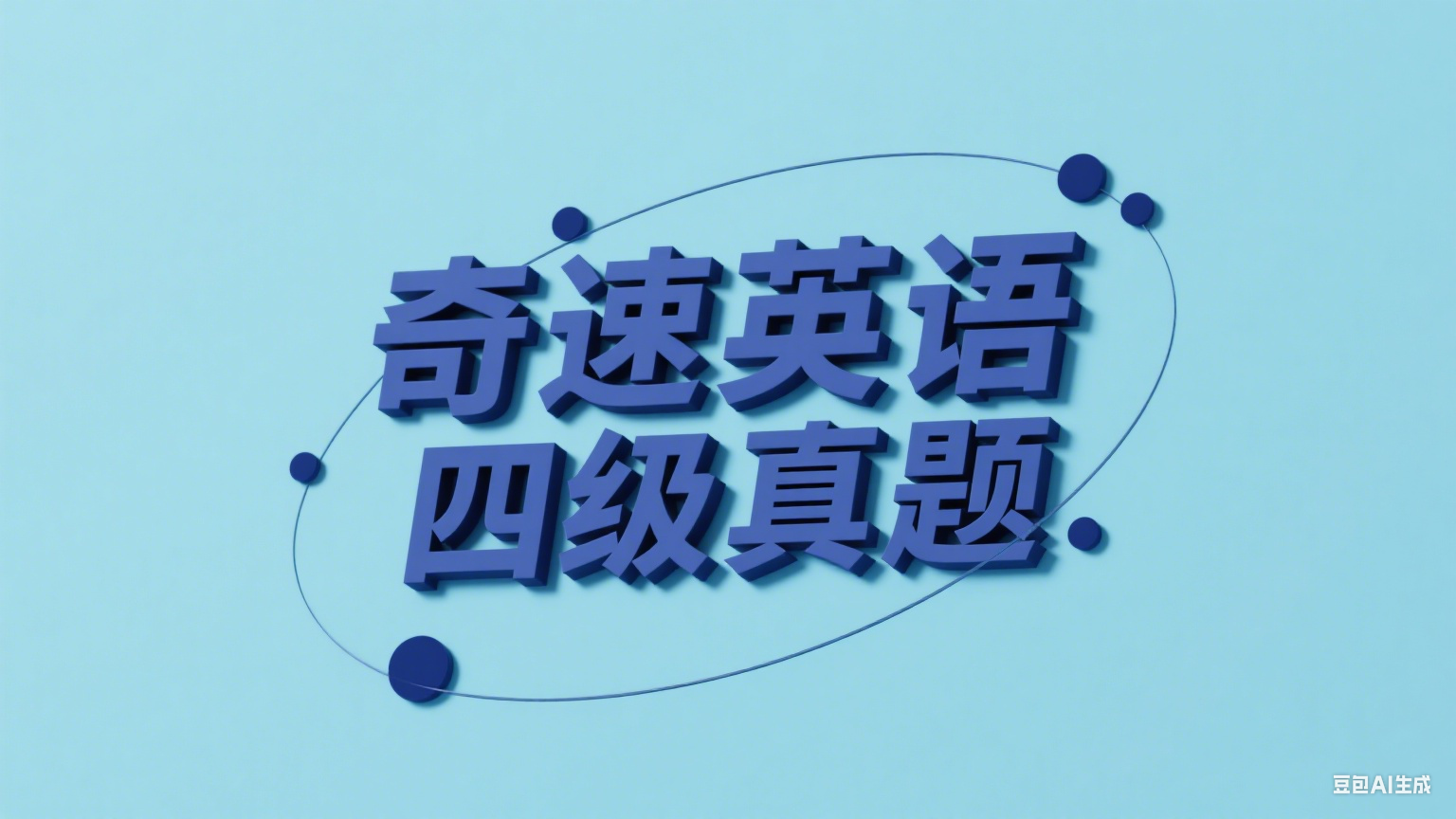
① Today, most scientific research is funded by government grants, companies doing research and development, and non-profit foundations. As a society, we reap the rewards from this science, but we also help pay for it. You indirectly support science through taxes you pay, products and services you purchase, and donations you make.
② Funding for science has changed with the times. Historically, science has been largely supported through private patronage (资助), church sponsorship, or simply paying for the research yourself. Today, researchers are likely to be funded by a mix of grants from various government agencies, institutions, and foundations. Other research is funded by private companies. Such corporate sponsorship is widespread in some fields. Almost 75% of U.S. clinical trials in medicine are paid for by private companies. And, of course, some researchers today still fund small-scale studies out of their own pockets. Most of us can’t afford to do nuclear research as a private hobby, but birdwatchers, rock collectors, and others can do real research on a limited budget.
③ In a perfect world, money wouldn’t matter — all scientific studies would be completely objective. But in the real world, funding may introduce biases. Drug research sponsored by the pharmaceutical ( 制 药 的 ) industry is more likely to end up favoring the drug under consideration than studies sponsored by government grants or charitable organizations. Similarly, nutrition research sponsored by the food industry is more likely to end up favoring the food under consideration than independently funded research.
④ So what should we make of all this? Should we ignore any research funded by companies or special interest groups? Certainly not. These groups provide invaluable funding for scientific research. Furthermore, science has many safeguards in place to catch instances of bias that affect research outcomes. Ultimately, misleading results will be corrected as science proceeds; however, this process takes time. Meanwhile, it pays to examine studies funded by industry or special interest groups with extra care. Are the results consistent with other independently funded studies? What do other scientists have to say about this research? A little examination can go a long way towards identifying bias associated with the funding source.
2. 2. What do we learn from the passage about researchers like birdwatchers and rock collectors?
A They have little access to government funding.
B They can do research with limited resources.
C They can do amateur work in their own fields.
D They have no means for large-scale research.
3. 3. What would scientific studies look like in a perfect world according to the author?
A They would be totally unbiased.
B They would be independently funded.
C They would be responsibly conducted.
D They would be strictly supervised.
4. 4. What does the author say about companies and special interest groups?
A They try hard to pull down the safeguards for research.
B They make extra efforts to research their own products.
C They provide valuable resources for scientific research.
D They reap the most benefits from scientific research.
5. 5. What does the author think of research funded by industry or special interest groups?
A Its recommendations should be examined for feasibility.
B Its misleading results should be corrected in time.
C Its validity should be checked with additional care.
D Its hidden biases should be identified independently.






 更多优质学习内容
更多优质学习内容



